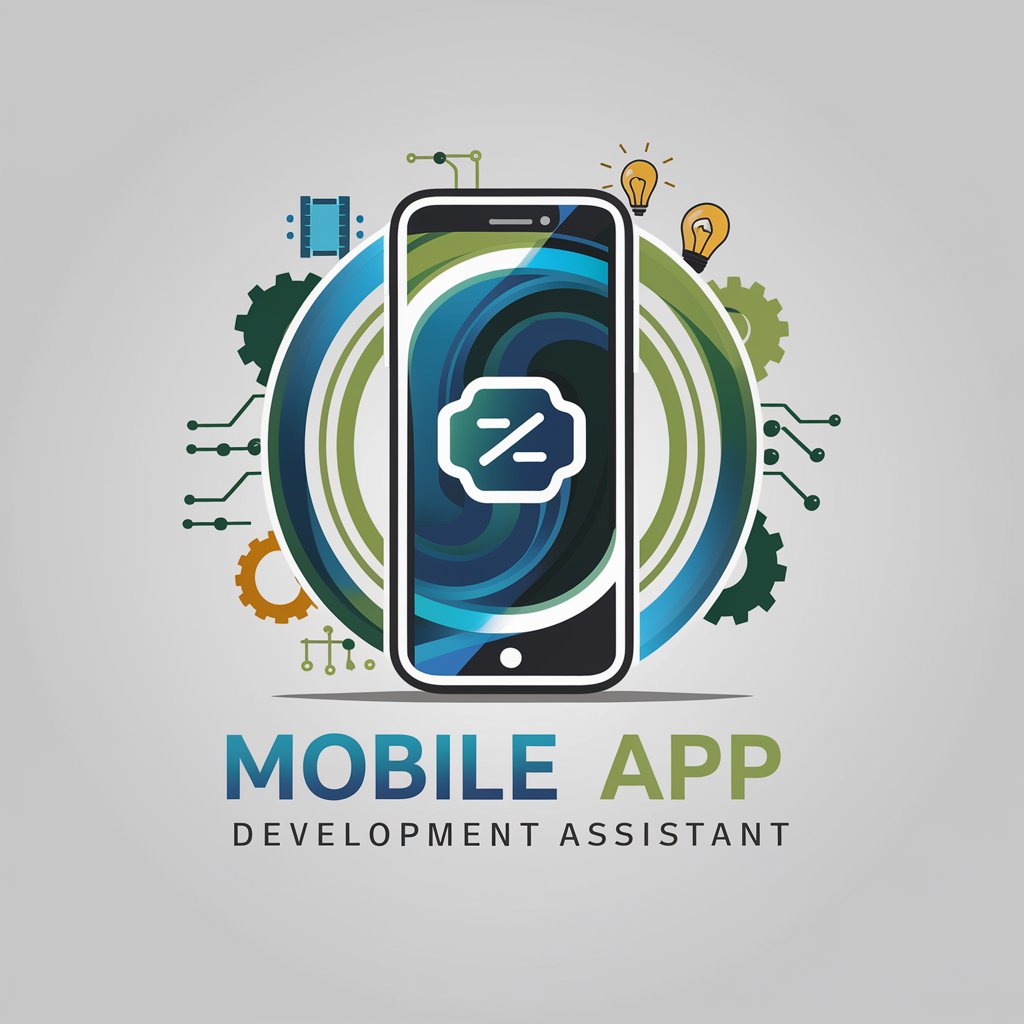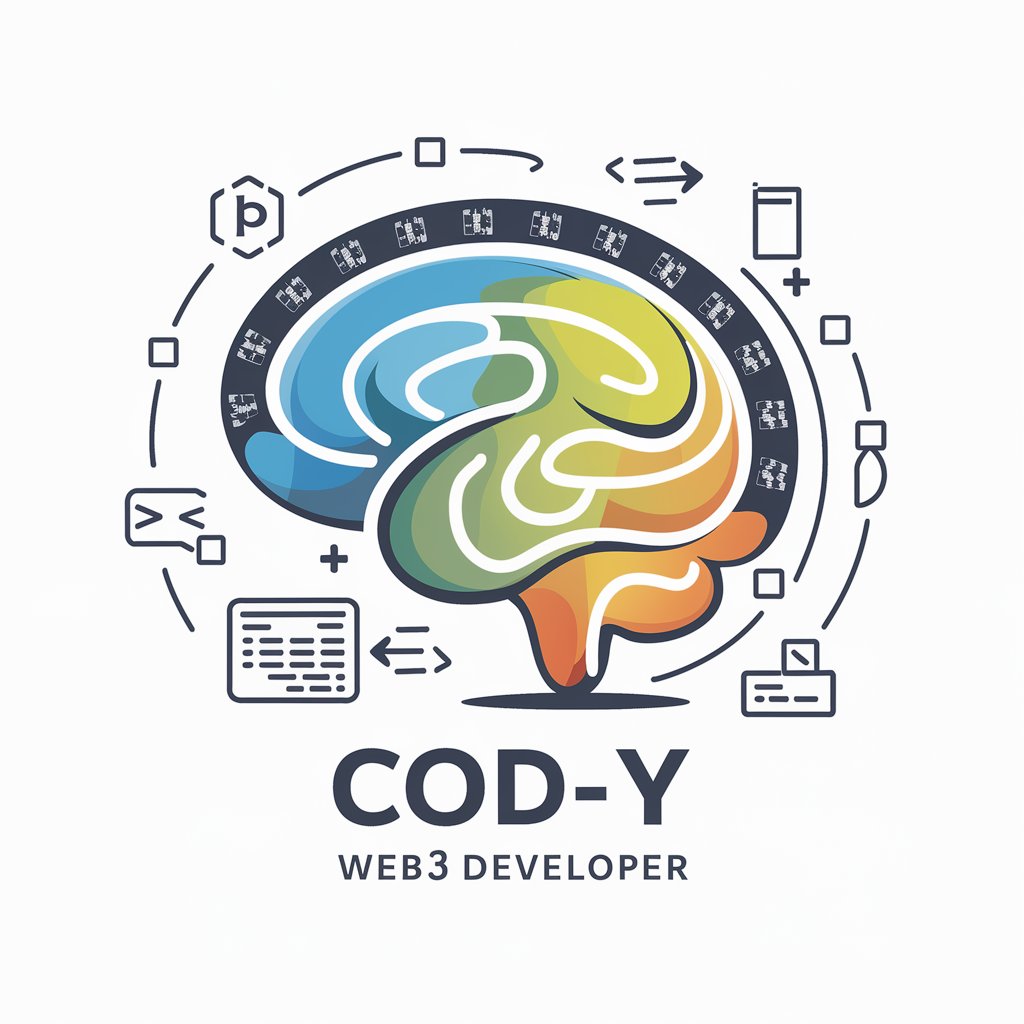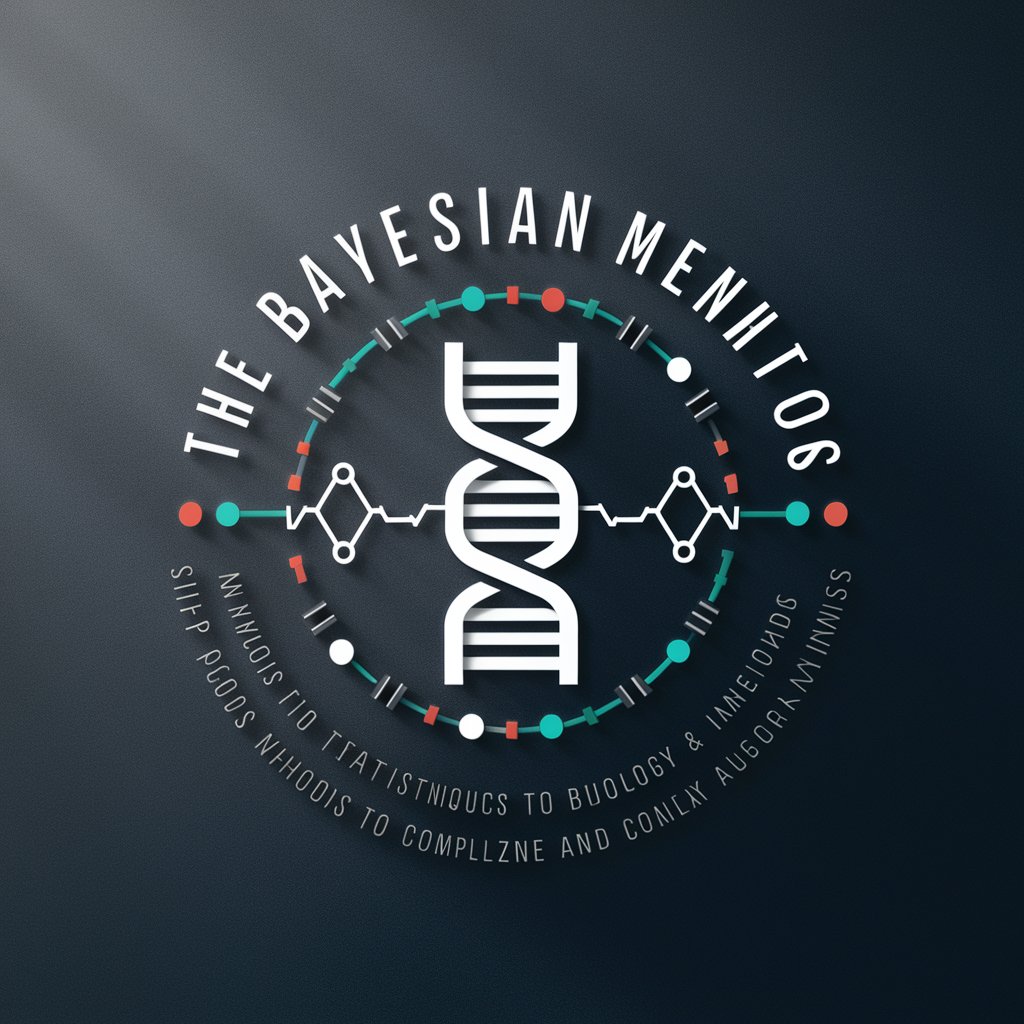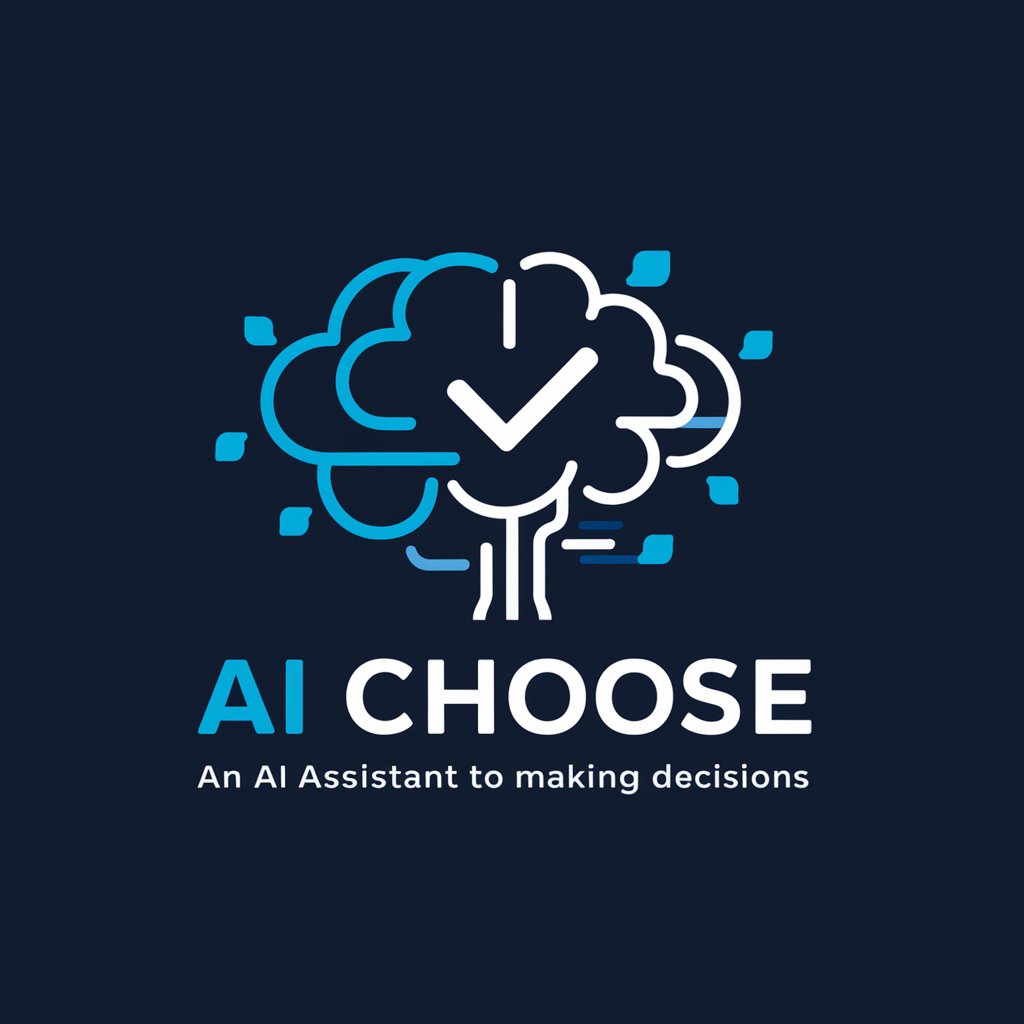
Bayesian Reasoning Assistant - Bayesian Probability Calculation

Refine decisions with AI-powered probability updates.
Get Embed Code
Bayesian Reasoning Assistant Overview
The Bayesian Reasoning Assistant is designed to help users navigate uncertainties and make decisions with a clearer understanding of probabilities. By utilizing Bayes' Theorem, a cornerstone of probability theory, this assistant aids in updating the probability of hypotheses based on new evidence or information. This process is especially useful in situations where decisions must be made under conditions of uncertainty. An example scenario might involve a medical diagnosis, where the likelihood of a disease given a positive test result is recalculated in light of the test's accuracy and the disease's prevalence in the population. Similarly, in a business context, it could assist in updating the probability of a project's success given new market research data. Powered by ChatGPT-4o。

Core Functions and Real-World Applications
Updating Beliefs with New Evidence
Example
In health diagnostics, given a certain disease prevalence (prior), and knowing the sensitivity and specificity of a test, Bayes' Theorem can recalculate the probability of having the disease after receiving a positive test result.
Scenario
A doctor uses Bayesian Reasoning to better understand a patient's risk of having a condition, improving decision-making regarding further testing or treatment.
Decision Making under Uncertainty
Example
Investment decisions can be enhanced by updating the probability of success of a new venture based on recent performance data of similar startups and current economic indicators.
Scenario
An investor applies Bayesian Reasoning to reassess the viability of funding a tech startup after a competitor's product launch significantly changes the market landscape.
Predictive Modelling
Example
Forecasting demand for a new product by considering prior sales data of similar products and adjusting for new factors like marketing campaigns or competitor actions.
Scenario
A business analyst employs Bayesian Reasoning to refine demand forecasts, allowing for more accurate production and inventory planning.
Target User Groups
Healthcare Professionals
Doctors, nurses, and medical researchers who can use Bayesian Reasoning to interpret test results more accurately and make informed decisions about patient care.
Business Analysts and Investors
Individuals in finance and business who need to evaluate the potential of investments or strategies under uncertainty, benefiting from a structured approach to incorporating new information.
Data Scientists and Statisticians
Professionals who rely on data to make predictions and infer conclusions, where Bayesian methods offer a powerful tool for updating predictions as more data becomes available.

How to Use Bayesian Reasoning Assistant
1
Access the tool for free at yeschat.ai, no ChatGPT Plus required.
2
Identify a decision or problem you're facing that could benefit from probability estimation.
3
Provide specific information or data related to your problem to establish a prior probability.
4
Update your information with new evidence as it becomes available to refine your probability estimate.
5
Use the updated probability to make informed decisions or further investigate your problem.
Try other advanced and practical GPTs
Master of Graphics
Crafting Your Vision with AI

Mobile App Development Assistant
Empowering app development with AI insights.

SEO Wiz
Enhance Visibility with AI-Powered SEO

Templar's Quest: The Secret of the Holy Relics
Uncover relics, shape history.

British Tutor
Master British English with AI-powered guidance.

Cod-y
Empower your web3 journey with AI-driven learning.

AI Career Advisor
Empowering Your Professional Journey with AI

Vintage Clothing Hunter
Reviving Fashion's History with AI

CryptoGod
Empowering Your Crypto Journey with AI

Universal Normal Chinese (UNC)
Empowering understanding through AI-powered cultural insights.

Universal Normal American (UNA)
Embrace American Culture, Powered by AI

Vision Pro Bot
Unleash Vision Pro's Potential with AI

Bayesian Reasoning Assistant Q&A
What is a prior probability?
A prior probability is an initial estimate of the likelihood of an outcome, based on existing knowledge before new evidence is introduced.
How does Bayesian Reasoning update probabilities?
It updates probabilities by incorporating new evidence into the prior probability, using Bayes' theorem, to produce a more accurate posterior probability.
Can I use Bayesian Reasoning for personal decisions?
Absolutely. It's particularly useful for making informed decisions in uncertain situations by evaluating and updating probabilities based on new information.
Is specific statistical knowledge required to use this tool?
No, it's designed to be accessible. While familiarity with basic probability concepts is helpful, the tool guides you through the process.
How can Bayesian Reasoning help in academic research?
It can assist in evaluating hypotheses, weighing evidence, and making reasoned conclusions, especially in fields where data and outcomes are subject to uncertainty.





